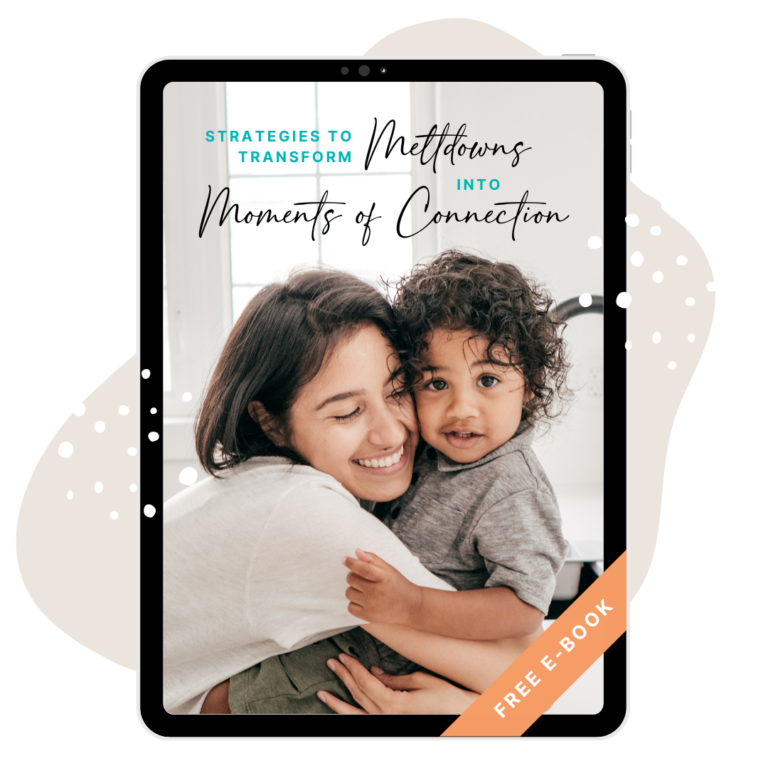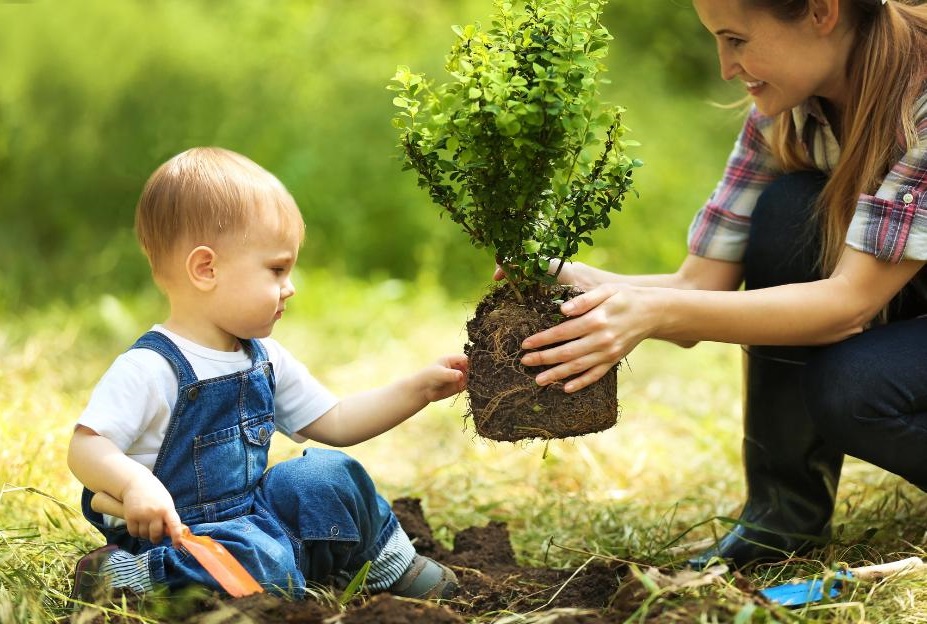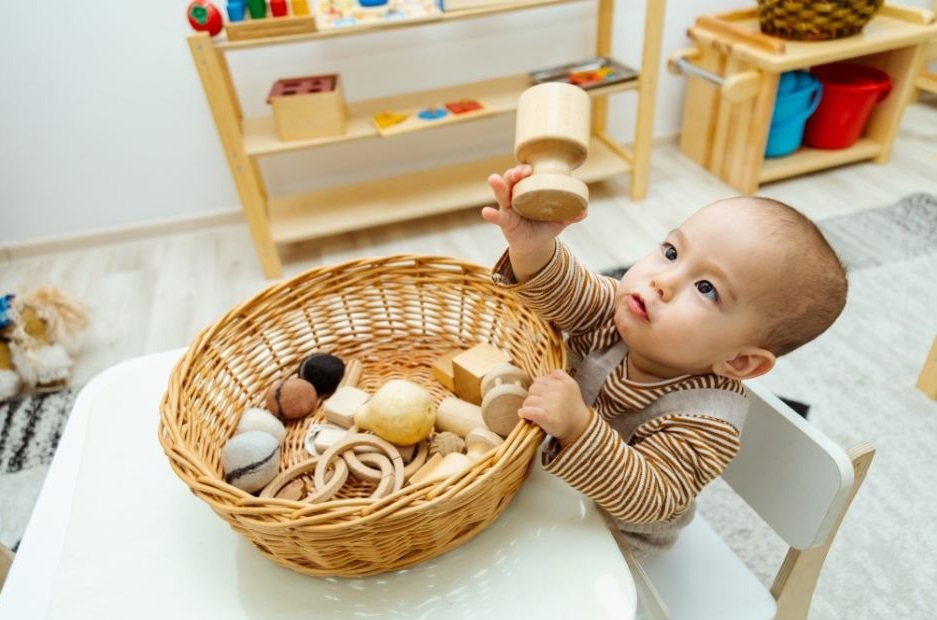John (4) and Jane (2.5) are in the playroom, you are frantically trying to prepare dinner in the kitchen and you suddenly hear an ear-piercing scream from Jane. You walk into the room and see John holding one of Jane’s toys.
Automatically you go into ‘fix-it mode’, “Give that toy back to Jane, what did you do!” and pick up Jane to comfort her. ‘Fix-it mode’ is when adults innately try to ‘fix’ the situation as it is our default go to action when things go pear-shaped. However, in the situation above you have just made a huge assumption that John did something wrong and took Jane’s toy.

What if I told you that in fact, Jane decided to smash John’s tower that he spent 10 mins building and kicked all the pieces and in retaliation he took the toy she was holding? Would that change the outcome?
The answer is we don’t actually know what happened in that room and it isn’t fair to either of the children to automatically take sides with a child based on a mere assumption. So, what do we do?
- Comfort the child who is the most distressed in the situation by acknowledging feelings “Jane you are SO upset, look at all those tears! John you don’t look happy either”. By doing this you are staying mutual and diffusing high emotions from escalating.
- Describe what you see calmly “I can see you holding one of Jane’s toys”. At this point John is most likely going to tell you he took it off Jane because she smashed the tower.
- State your expectations (without blaming) “Jane you’re so upset he took your toy but towers are not for smashing, your brother spent so long building that.”
- Offer a choice on how to deal with the frustration “John if you feel frustrated you can tell Jane to stop or come and get me, taking her toy is not helpful”.
- Make amends – again offer a choice “Jane would you like to help your brother by giving him the pieces or maybe a hug to feel better?”

I know it may seem like ALOT of words, however, if you just do this a few times (when you have time) it will help build the child’s skills so you won’t have to intervene or deal with escalated situations, as the children themselves will be able to sort it out using their communication skills.
The beauty behind the skills is that when you use them with the children, they will start using them with each other and it will make a more harmonious environment for everyone!
Discover practical, easy-to-implement strategies to gently navigate your child’s emotional outbursts, while maintaining your own sense of calm.





